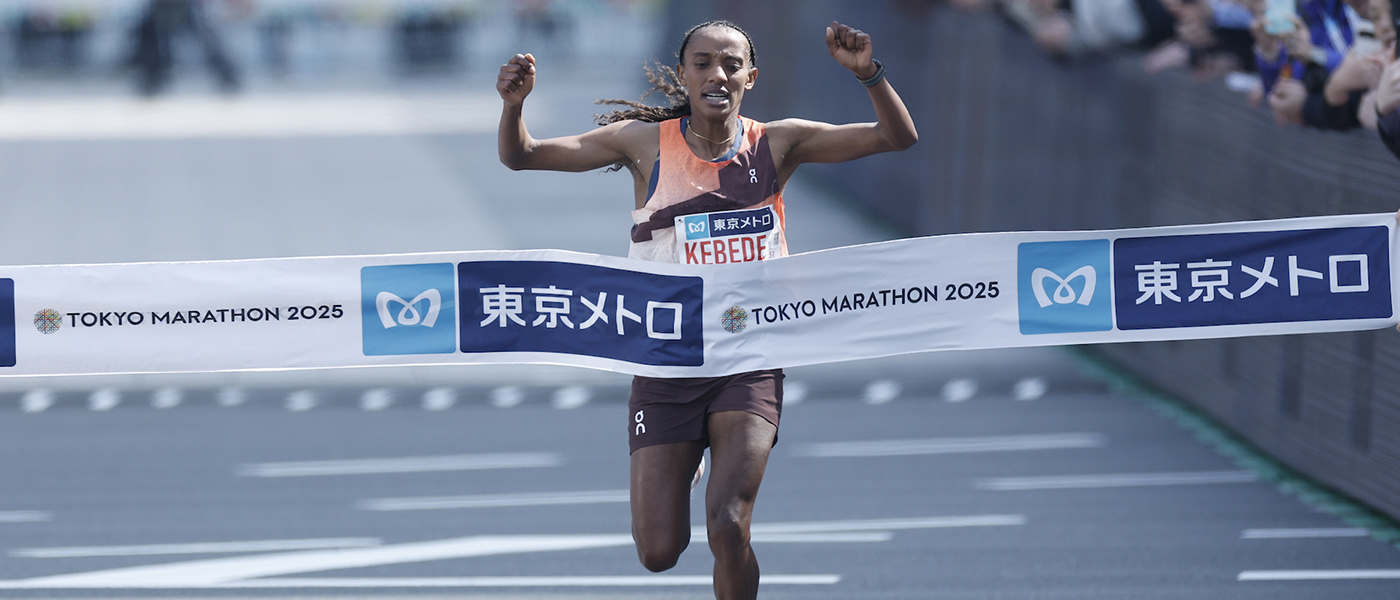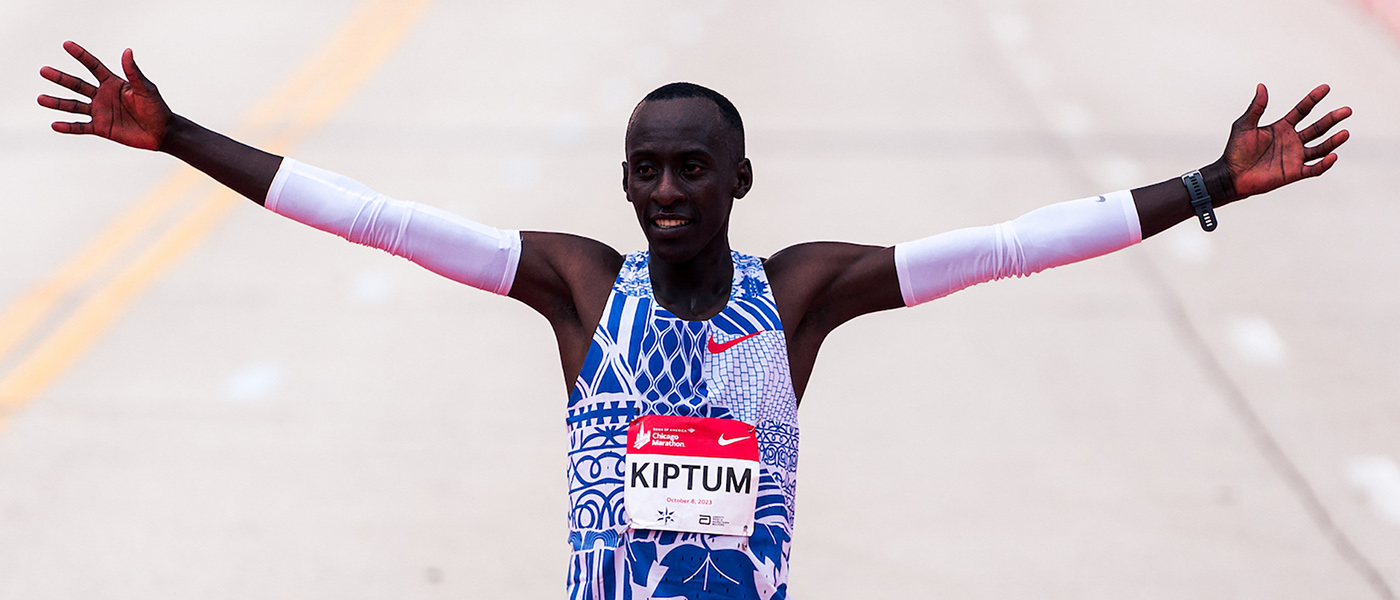
Bostonian Matthew Koral, 30, successfully completed his first Abbott World Marathon Major at the 2021 Bank of America Chicago Marathon. This achievement turned a long-time dream into a reality for Matthew who was diagnosed with epilepsy in 2020 during the height of the pandemic.
Growing up, Matthew was a natural athlete, playing basketball, tee-ball, hockey, soccer and wrestling, his personal favorite. While he dabbled in cross country and track, he didn’t discover marathon running until later.
“Two years after college, I started to train for my first marathon and was hooked. I now run several races each year. I’ve completed nine marathons (two of them virtual), an ultramarathon, and countless half marathons,” he says.
Now, he has his sights set on becoming a Six Star Finisher, which comes with added complexities as he manages a debilitating diagnosis. Matthew’s seizures began prior to diagnosis and they would seemingly come at random times.
After determining running was not the cause of his illness, he began to find ways to live with epilepsy, manage the disease and, working with his health care provider, begin a regimented therapy schedule.
“Similar to other marathoners, running is a huge part of my life and I couldn't imagine living without the stress relief that comes with it. Despite the anxieties of running with epilepsy, I’m forever grateful my diagnosis does not prevent me from continuing my passion for running.”
Aspirational Goals
Finding ways to live with epilepsy, working with a health care provider and finding a medication to help with that have been key to Matthew running towards his goals on the road.
“Thankfully, medication has mostly worked. I was seizure-free for the first five months of 2020 before having less intense grand mal seizures (seizures that cause a loss of consciousness and violent muscle contractions) during the summer when everybody, including me, was stuck at home.
"I describe them as less intense because I would stay somewhat conscious through the experience and have a shorter period of confusion following them, despite them still being grand mal seizures.
“Training through the fear of another seizure coming on at any point has been anxiety-inducing, to say the least but running is what I love to do.
“I participated in two virtual marathons during the pandemic, but they just didn't compare to that adrenaline rush of keeping pace with other competitors and ending in a crowd of cheering people.”
Matthew set out to complete the Chicago Marathon in two hours, 52 minutes, a time that would award him a double qualification for the Boston and New York City marathons. But race day didn’t go to plan.
Fear of another seizure coming on mid-race may have been the cause for an unsettled stomach and cramped leg muscles that made the last 10 miles of the race brutal for Matthew. Anxieties and hardships aside, he was grateful to finish in three hours, 30 minutes.
“I didn’t feel like my slower time was a huge set-back for me. I am still very set on qualifying for each Abbott World Marathon Major. Through it all, I’ve never had to stop running due to my diagnosis,” he says.
Matthew is committed to building his strength back up in the coming months and connecting with other epileptic runners to extend his support network.
“I have been seizure-free for five months and have found ways to live with epilepsy while enjoying a sport that I love. As the saying goes, ‘shoot for the moon and you will land among the stars’. I am grateful for what I have experienced and know that there are many more marathons and memories to be had, no matter what path I take. I’ll never give up.”
- Epilepsy is a central nervous system (neurological) disorder in which brain activity becomes abnormal, causing seizures or periods of unusual behavior, sensations and sometimes loss of awareness. Anyone can develop epilepsy. Epilepsy affects both males and females of all races, ethnic backgrounds and ages.
- Always consult a physician and get a full health evaluation prior to marathon training. Even if athletes appear healthy after treatment or surgery, or to have a disorder under control, underlying medical conditions could exist.
If you have a spotlight on health story you’d like to share, please contact press@wmmajors.com
Other news

Kebede eyes history in Tokyo

Episode 84: Hall In For Tokyo! - Marathon Talk meets Sara Hall as we preview the Tokyo Marathon



